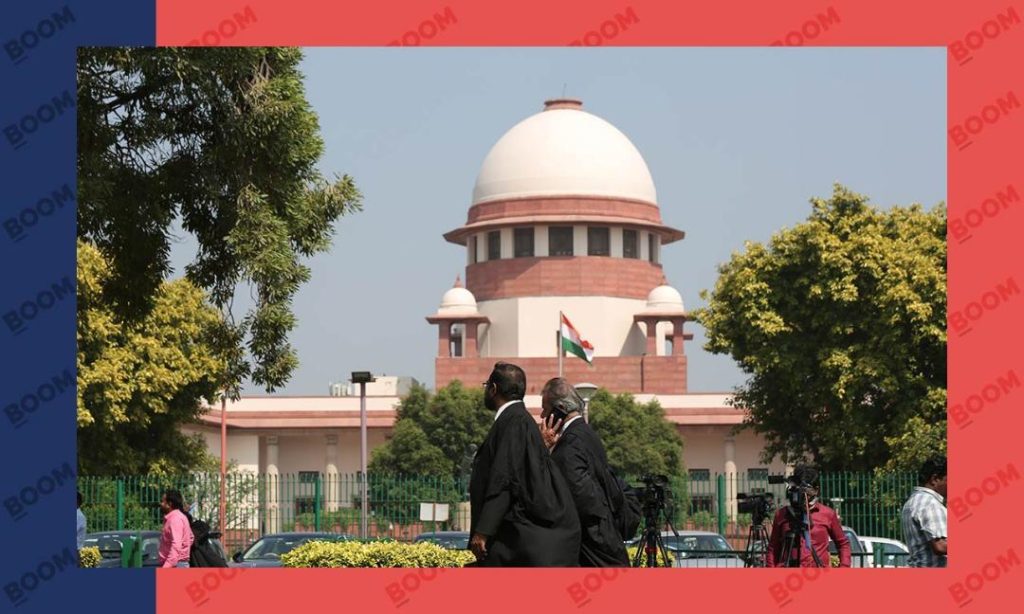
SC Orders Crackdown on Misleading Ads, Sets 2-Month Limit
The Supreme Court has taken a stern stance against misleading advertisements, especially those promoting drugs and magic remedies, by directing states to set up complaint systems within two months to tackle the issue. The court has also urged the Centre to launch a dashboard to track action against such advertisements within three months. This move is a significant step towards curbing the proliferation of false and deceptive advertisements that often dupe unsuspecting consumers.
The Supreme Court’s directive came in response to a petition filed by the National Federation of Indian Women, which highlighted the poor enforcement of the Drugs and Magic Remedies Act, 1954. The act aims to prevent the advertisement and sale of drugs and magic remedies that have no scientific basis. However, the court noted that the law has been ineffective in tackling the issue, leading to a proliferation of such advertisements in the media.
The Supreme Court bench, comprising Justices Ashok Bhushan and R. Subhash Reddy, observed that the Centre and states have failed to implement the law effectively, resulting in the growth of misleading advertisements. The bench also expressed concern over the lack of training provided to police officials to deal with such cases, urging the Centre to provide necessary training to ensure effective enforcement of the law.
The court’s order is a significant step towards protecting consumers from false and deceptive advertisements. Misleading advertisements can have serious consequences, including financial losses for consumers and damage to their health and well-being. The proliferation of such advertisements has also led to a decline in the credibility of the media and the advertising industry as a whole.
The Supreme Court’s directive is also significant in the context of the increasing number of cases of fake news and misinformation being spread through social media and other online platforms. The court’s order highlights the need for effective regulation of advertisements, especially those that are spread online, to prevent the spread of false information and protect consumers.
The Centre has been directed to launch a dashboard to track action against misleading advertisements within three months. The dashboard will provide a platform for consumers to lodge complaints against misleading advertisements and track the progress of the complaints. This will ensure transparency and accountability in the enforcement of the law and provide consumers with a sense of security and confidence in the advertising industry.
The Supreme Court’s order has also set a two-month deadline for states to set up complaint systems to tackle misleading advertisements. The states have been directed to establish a mechanism for receiving and investigating complaints against misleading advertisements and to take necessary action against offenders.
The Supreme Court’s directive is a significant step towards protecting consumers from false and deceptive advertisements. The order highlights the need for effective regulation of advertisements and the importance of transparency and accountability in the enforcement of the law. The Centre and states must take immediate action to implement the court’s order and ensure that misleading advertisements are curbed effectively.
Source:






